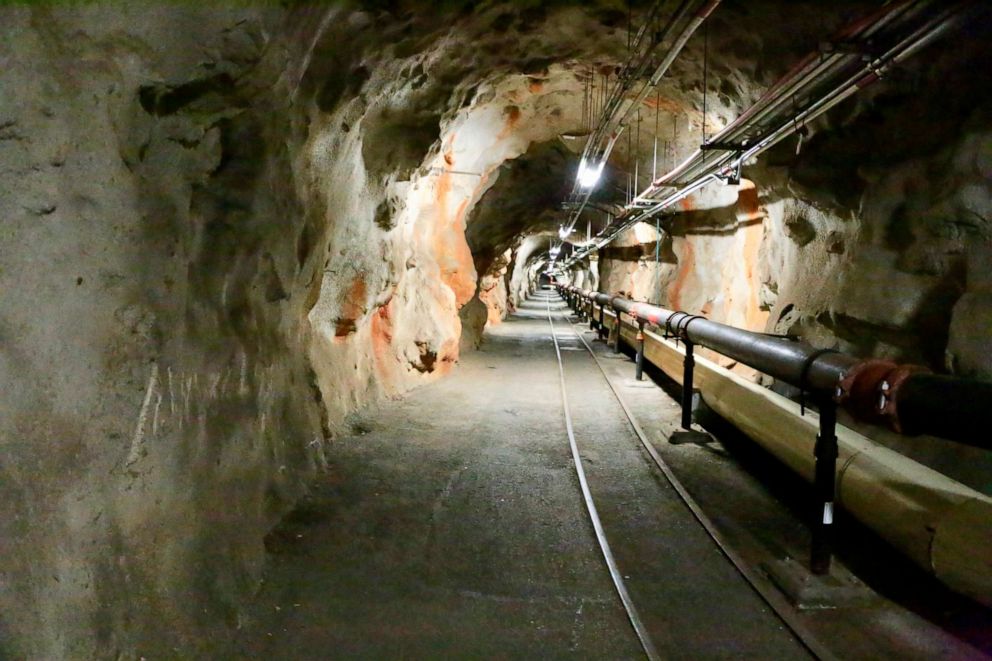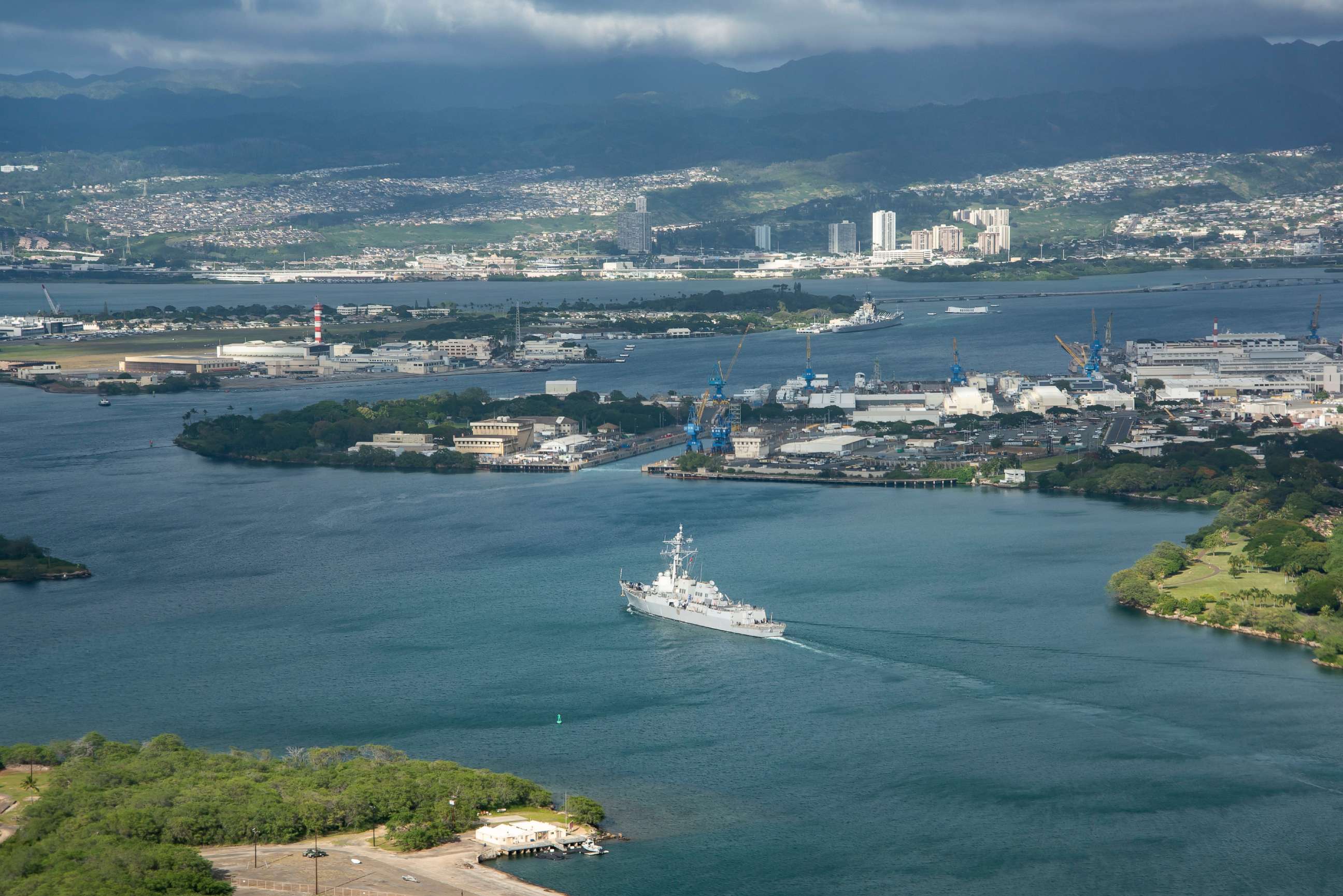Navy ordered to suspend operations in Hawaii following water contamination
The Navy urges residents to avoid drinking, cooking or cleaning with tap water.
The Hawaii Department of Health is issuing an emergency order to the Navy to immediately halt operations at the Red Hill Bulk Fuel Storage Facility following reports of water contamination.
The news comes about a week after health officials and the Navy ordered residents of Pearl Harbor and the surrounding area to stop using water out of the tap after dangerous levels of petroleum products were found in the Navy's Joint Base Pearl Harbor-Hickam water system.
"Hawaiʻi’s wellbeing and the safety of our residents, including military families, must come first," Gov. David Ige said in a tweet. "We cannot have national security without ensuring public health and safety. There are still important questions that need to be answered and the Order will help get there."
The DOH says the Navy is responsible for ensuring safe water for nearby residents and has been ordered to provide alternative drinking water for the roughly 93,000 people who may be affected.
The DOH also ordered the Navy to immediately install a drinking water treatment system at the Red Hill Shaft and submit a work plan to assess system integrity. The Navy must then defuel the underground storage tanks there within 30 days of completing corrective action.
"Test results confirming contamination of drinking water at Joint Base Pearl Harbor-Hickam show that the Navy is not effectively operating the World War II-era facility," the statement from Ige and Hawaii's congressional delegation read.
The DOH has received almost 500 complaints of fuel or gasoline-like odor from people who receive water from the Navy water system.
"The Navy is developing a plan to restore the potable water system to EPA standards, identify how this contaminant got in the well, and fix the well," a Dec. 3 press release from the Navy stated.

On Nov. 20, Navy Region Hawaii Public Affairs released a statement concerning a leakage of water and fuel at a nearby tank farm. At the time they reported there were "no signs or indication of any releases to the environment, and the drinking water remains safe to drink."
The DOH later said it collected drinking water samples on Nov. 24 from the Red Hill water supply shaft as a part of routine testing. The results suggested "a trace amount of heavy oil in the samples well below drinking water thresholds and not clearly related to petroleum fuel."
The second set of samples taken on Nov. 29, following public reports, tested negative for petroleum products. On Dec. 1, the DOH confirmed the presence of petroleum in a water sample.
The DOH recommends that anyone who can smell fuel in their water should not to use it for drinking, cooking or oral hygiene.

"[The Navy is] paralyzed in finding a solution to this problem. Last night, they were saying this is a natural disaster and that's how we should look at this. This is a man-made disaster. The Navy really has to pick up the pace in which it addresses solutions," said Sen. Glenn Wakai, according to a tweet from the Hawaii State Senate.
The Board of Water Supply also shut down its own largest water source in connection with the Navy's leak.
"We are deeply concerned that we were not notified immediately by the Navy regarding the shut down of their Red Hill water source," stated Manager and Chief Engineer Ernest Lau in a press release. "We have data that shows when they stop pumping at Red Hill, water starts moving in the direction of our Halawa Shaft due to our pumping. In an abundance of caution, we must shut down Halawa Shaft until further notice."
Exposure to the contaminated water can lead to nausea, vomiting, diarrhea, headache, dizziness and more, according to military public health experts. They say the long-term health effects of exposure are "not clear."
They urge residents who experience these symptoms to eliminate all exposure to the water source, get more fresh air and rest, clean exposed skin, and seek medical attention if experiencing serious conditions.




